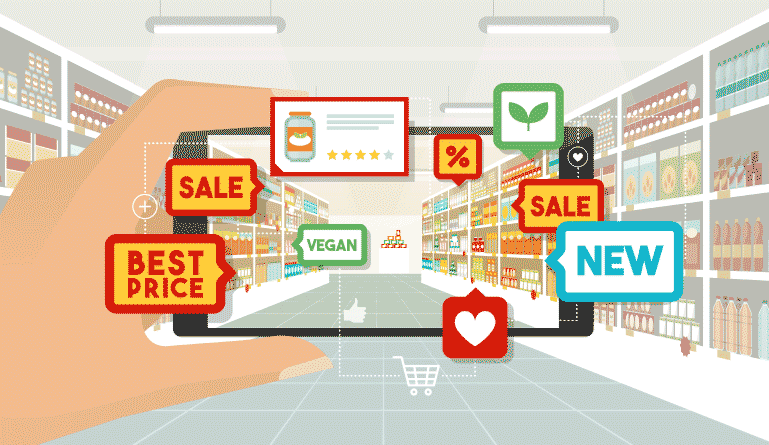Relationship marketing requires a deep level of engagement and desire to understand the market. Creating lifelong fans is one of the easiest ways to ensure your business’s future, but it does require a deep commitment to communication, data, innovation, and understanding to be successful. Putting customers first is a worthy endeavor, but it’s important to see it in its proper context – a long-term strategy sustained by significant investment.
Benefits of Relationship Marketing
Brands who engage in relationship marketing often see tangible benefits to their bottom line and an increased return on investment in relational strategies as opposed to other marketing strategies. Some benefits include:
- Increased revenue opportunities: The reason for the shift to relational marketing is that businesses who focused on meeting their clients’ needs over time, as opposed to viewing customers only as potential revenue streams, increase revenue over time. Part of this is because of the way they relate to clients. Businesses who engage in long-term strategies that could provide customers with solutions over time as opposed to seeing things from a purely transactional perspective saw increased customer loyalty and better customer retention, which led to higher revenue. The data shows that it’s more expensive to convert a brand-new customer than it is to keep a new customer, and relationship marketing is one of the keys to establishing long-time clients.
- Better, self-sustaining data: Relationships are two-way avenues of communication. Relationship marketing provides greater opportunities for customer feedback, which data businesses can use to improve their product, their services, and other aspects of their brand, which will help to satisfy long-term customers, as well as potentially help them reach new markets and acquire new customers.
A Better Way to Relationship Marketing
Finding a way to create long-lasting relationships with customers might require more than the same old strategies. Here are some things to consider when shaping your relationship marketing strategies.
- Showcase personality: Both B2B buyers and B2C customers want to have relationships with people, not corporations. That’s why it’s important to showcase the strength of your brand’s personality. From your website photography to digital media presence to content that features executive, customer, or employee interviews, all pieces should offer some insight into the brand’s purpose and makeup, as well as function as a useful piece of information for customers during their research and information gathering phase.
- Leverage strong content marketing: Content marketing used to mean maintaining a blog or a Facebook presence, but content marketing now covers so much more. To truly utilize it to grow relationships with your customers, you need to position your business as a resource or partner to your potential buyers and end users. This means you need to consider what the best channel for reaching your customers is. Would your brand benefit from having its own podcast? What about an Instagram account only featuring customer testimonials? How about offering free, in-depth whitepapers on industry topics? Providing your customers with the right tools is going to be instrumental in earning both their trust and their interest.
- Think about marketing as a whole: Marketing is about more than just ads and maintaining a digital presence. Marketing is representing your brand as a whole – from pricing products to placing them in the right channels for customer access to promoting them through advertisement and other methods. Marketing needs to tell the whole story and really touch every part of the brand to be truly relational. That means there needs to be a commitment from leadership that marketing can interact with, impact, and influence other areas of the business, from sales to customer service to accounting. Whether it’s writing scripts and templates to help sales and customer reps maintain a “brand voice” when interacting with customers or developing product training materials to provide to vendors, consistency in marketing is key to truly successful relationship marketing.
The biggest takeaway to consider in your relationship marketing strategy and implementation is to remember that the focus needs to be on your customer, not your business. Successful relationship marketing is a long-term strategy that requires a good amount of investment of both time and dollars but provides an excellent return on investment.





